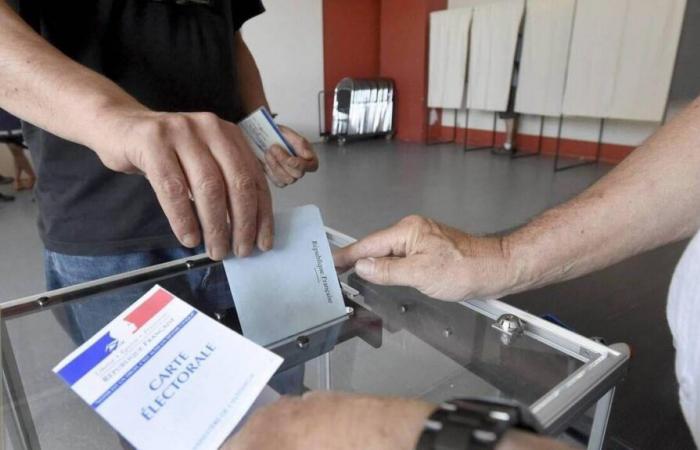Asked about the “three subjects that concern them the most”, 40% of French people select “their health and that of their loved ones” (+ 3 points compared to 2023), and even 42% within disadvantaged socio-professional categories, according to the the Ipsos survey and the annual report on the state of France from the Economic, Social and Environmental Council (CESE).
To vote, use the window below or click on this link.
This is followed by purchasing power (34%, -6 points), the economic and financial situation of the country (28%, +5 points) and the political situation (24%, not measured last year).
Immigration comes sixth (18%, constant), tied with geopolitical instability or the future of the pension system.
After two years of record inflation, the rise in prices is becoming more contained again (2%), but the French are struggling to make ends meet: 13% of them declare that they are unable to meet their essential needs, and for 32% it is “just barely”.
In terms of accessibility to public services, one in two French people denounce difficult access to care, and even 59% among residents of urban areas of less than 20,000 people.
The CESE highlights significant “inequalities”, particularly in health. Several departments in the Overseas, Hauts-de-France, Grand Est and Center regions have “a lower life expectancy at age 60 and a higher number of years lived in poor health”.
Men among the richest 5% live 13 years longer than the poorest 5% of men, a gap reduced to 8 years among women.
“Disconnected” policies, unloved democracy
The EESC notes that less access to services “has a negative impact on attachment to democracy”.
Thus “15% of French people declare that they would not be ready to defend democracy if it were in danger”, notes the study, and “more worrying, 23% are not convinced that it is the best system existing policy”.
Among those least attached to democracy, “young people and disadvantaged people are largely over-represented”, points out the survey. “One in two French people believe that only strong and centralized power can guarantee order and security (51%).”
The challenge is to stop the temptation of authoritarian regimes
estimates CESE president Thierry Beaudet in an interview with Le Parisien.
As for the political class, it is “disconnected from the realities of citizens” for nearly 8 out of 10 respondents, according to the Ipsos survey.
A distrust which is found even in their participation in the life of society: 35% of respondents are volunteers in an association, rather than in a union or a professional organization (12%) or a political party (7%).
The EESC adopted its annual report in plenary session on Wednesday. Before launching in a press release a call to “get closer to the territories” to “co-construct responses to everyday problems”. He considers it urgent in particular to deepen “the association of citizens in decision-making processes”.






